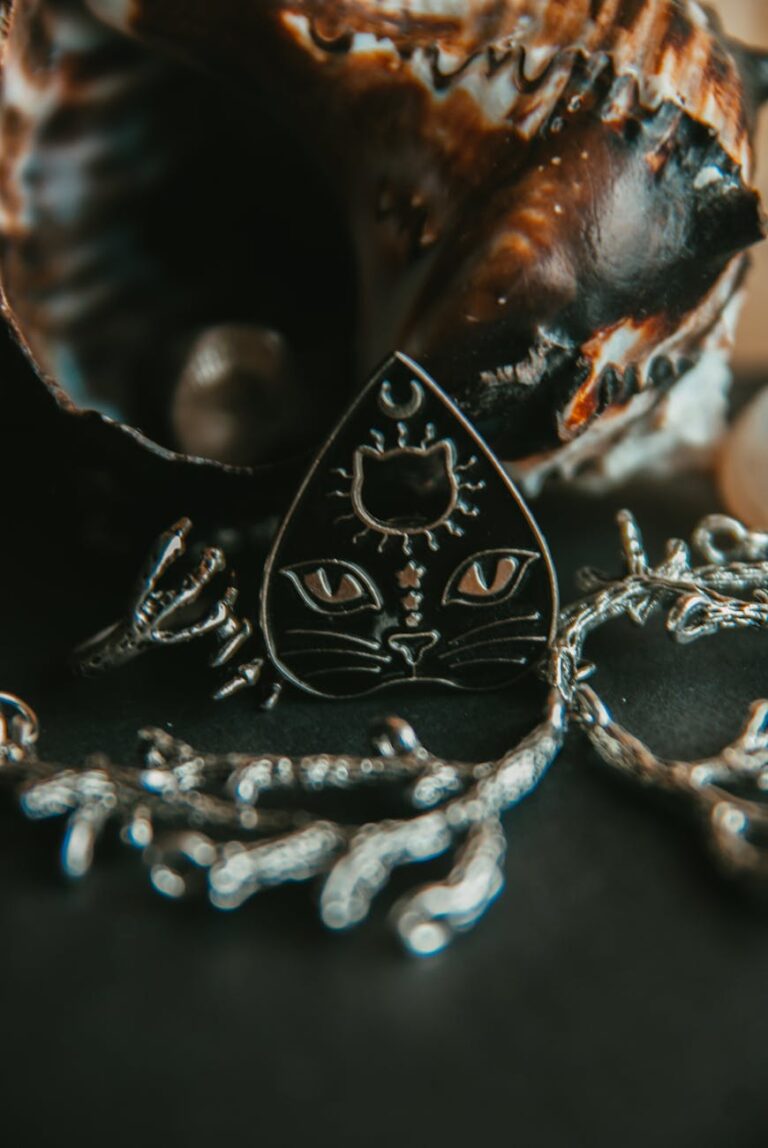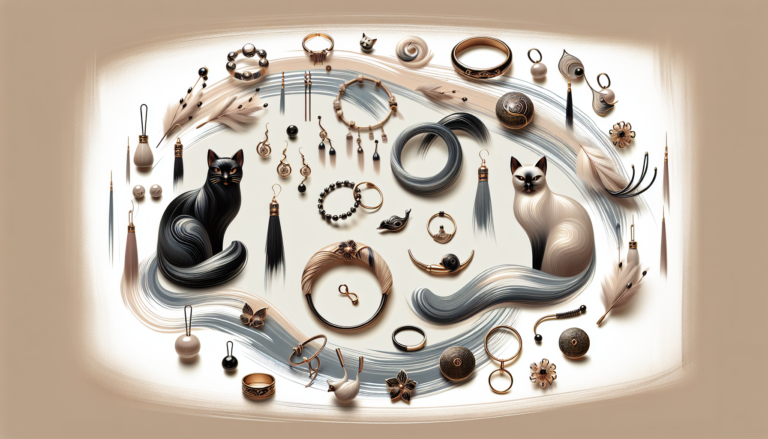Cats Back Twitches: Understanding and Alleviating Your Feline’s Discomfort
Cats Back Twitches: A Guide to Recognizing and Responding
Cats back twitches can be puzzling and concerning for pet owners. Recognizing the reasons behind these twitches ensures that your feline friend receives the best possible care. In this guide, we’ll discuss common causes, symptoms, treatments, and preventions to help you provide optimal care for your cat.
Causes of Cats Back Twitches
Understanding what causes cats back twitches is essential for addressing the issue correctly. Causes can range from harmless to more serious health conditions.
Understanding Hyperesthesia Syndrome
Hyperesthesia syndrome—also known as rippling skin syndrome—causes your cat’s skin to ripple and twitch, primarily along the back. It might be accompanied by excessive grooming and restlessness. Though the exact cause is unclear, it’s linked to nervous system stimulation. Proper management might include medication and behavior modification. Consulting a vet is advised for detecting and handling this condition.
Impact of Flea Bites
Flea bites, a common irritant, can lead to cats back twitches. These tiny parasites cause itching and discomfort. Regular grooming and clean environments help prevent infestations. We provide delightful cat-themed gifts that make flea control enjoyable for both you and your cat.
Dealing with Skin Irritation
Skin irritation due to materials or chemicals may result in twitching in cats. Symptoms are typically redness and itching. Use topical treatments to soothe, and conduct regular grooming. Explore our range of cat-themed jewelry that helps maintain your feline’s stylish comfort.
Allergies Triggering Twitches
Allergens like pollen and certain foods can induce cats back twitches. Symptoms often include sneezing and skin rashes. Identify allergens and use medications or dietary changes to provide relief. Regular vet visits play a huge role in managing allergies. Discover our nature-inspired gifts to support your pet’s lifestyle.
Neurological Concerns
Neurological issues may also lead to back twitching, accompanied by symptoms like muscle weakness. Diagnosing these conditions early through regular veterinary appointments is critical. Consult a professional for suitable treatments that may include medication or therapy. Explore our sterling silver pieces to show support for your pet’s health journey.
Symptoms Associated with Cats Back Twitches
Spotting symptoms of back twitching helps identify underlying causes quickly.
Pain Linked to Twitching
Back twitching paired with pain points to more serious issues. Watch for reluctance to move and touch sensitivity, and consult a veterinarian for prompt treatment to avoid complications.
Meows Signaling Discomfort
Twitch-induced meowing often signals distress. Monitor changes in vocalization and seek veterinary advice if required. As a thoughtful gesture, our cat-themed jewelry makes perfect gifts, expressing your care profoundly.
Shaking Alongside Twitching
Shaking coupled with twitching can stem from stress or health conditions. Ensure a calm, stress-free environment and consult your vet if symptoms persist. Find relaxing gifts on our website to support your furry friend.
Stress Impact
Stress triggers cats back twitches. Significant environmental changes can cause stress—creating a soothing home helps. Regular playtime further alleviates anxiety, enhancing your pet’s well-being.
Approaches for Treatment
Addressing the root cause promptly is key to proper treatment.
Natural Treatments
For mild cases, natural remedies like herbal supplements can be beneficial. Consult your vet before beginning any treatment, and visit our sterling silver jewelry collection as supportive elements of natural healing.
Professional Veterinary Options
Severe cases may require more intensive veterinary care, often involving medications or therapies. Maintain regular vet check-ups to optimize care.
Behavioral Techniques
Reducing anxiety through behavioral modifications benefits twitch-prone cats. Desensitization and counter-conditioning are effective, reinforcing safety and comfort. Consult experts for tailored strategies.
Preventive Measures
Proactively preventing our feline friends from encountering twitch issues can save time and distress.
Thorough Grooming
A regular grooming routine is vital for your feline’s health and bonding with you, helping catch potential issues like flea infestations early.
Control of Fleas
Regular flea-preventive measures are crucial. Invest in quality flea control products to keep your kitty itch-free.
Stress Management Tactics
Mimimize stress by providing quiet, comfortable spaces. Regular play and calming tools carry immense stress-relieving potential.
Insightful Quotes
“Cats are connoisseurs of comfort.” – James Herriot
This quote encapsulates the essence of creating a delightful environment for your cat to minimize stress and twitch-related discomfort.
Educational Facts
About 30% of cats face skin conditions that may result in twitching. Consistent care through vet visits ensures your pet’s well-being, revealing the statistical significance of proactive care. (Source: AVMA)
Tips for Managing Twitching
- Routine Veterinary Visits: Essential for early diagnosis, preventing serious health challenges.
- Stress Mitigation: Stable, calm environments, enhanced through play and engagement, support your cat’s emotional health.
- Use of Natural Solutions: Herbal remedies like chamomile help reduce irritation. Always discuss new treatments with your vet.
Popular FAQs on Cats Back Twitches
- What are some primary causes of cat back twitching? Common causes include hyperesthesia syndrome, flea bites, and allergies.
- When is cat back twitching a serious concern? Signs like pain or altered behavior suggest an urgent vet consultation.
- What natural remedies are suitable? Consult with a vet on using chamomile and valerian root.
- How can I reduce my cat’s stress? Encourage relaxation with consistent routines and playful interactions.
Concluding Thoughts
Effective identification and management of cats back twitches is fundamental to your pet’s happiness. Implement proper treatments and preventive strategies, seeking veterinary assistance as needed. For additional information and unique gifts, visit Silver Charm Necklace. For any queries, reach out to us at [email protected] or contact us at (800) 343-1605. We’re here to assist you in every step of ensuring your cat’s joy and health.


